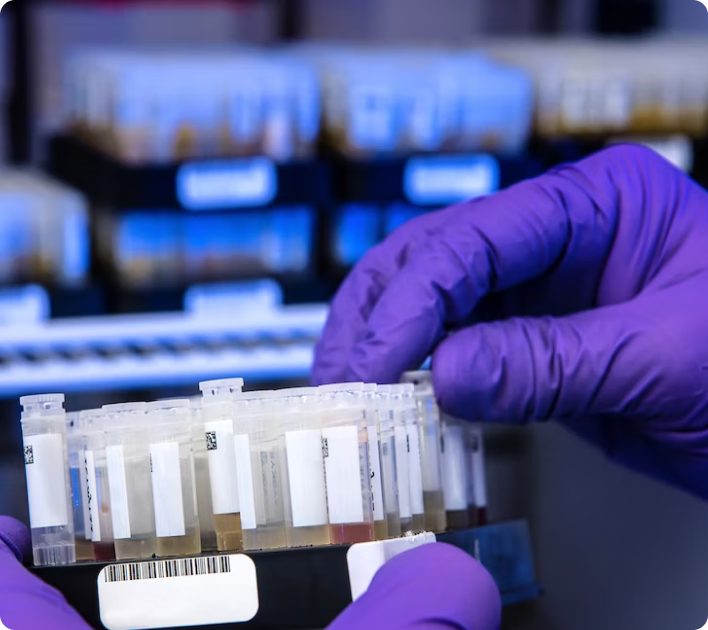Cart
Subtotal: £0.00

Genetic testing has revolutionized the way we understand our biology, health, and ancestry. Through advancements in science and technology, we now have the ability to peek into the blueprint of life itself – our DNA. Genetic tests offer a window into our genetic makeup, providing valuable insights that were once considered out of reach. In this article, we explore the world of genetic testing, its applications, benefits, and ethical considerations.
Genetic testing involves the analysis of DNA, the hereditary material that encodes our genes and determines our traits. The tests examine specific genes, chromosomes, or entire genomes to identify variations, mutations, or genetic markers associated with certain conditions or characteristics.
Genetic testing involves the analysis of DNA, the hereditary material that encodes our genes and determines our traits. The tests examine specific genes, chromosomes, or entire genomes to identify variations, mutations, or genetic markers associated with certain conditions or characteristics.
Genetic testing can enable the early detection of potential health risks, enabling proactive interventions and personalized treatment plans. Genetic testing involves the analysis of DNA, the hereditary material that encodes our genes and determines our traits. The tests examine specific genes, chromosomes, or entire genomes to identify variations, mutations, or genetic markers associated with certain conditions or characteristics.
Carrier testing allows individuals to make informed decisions about family planning, particularly if they are at risk of passing on genetic disorders to their children. Genetic testing involves the analysis of DNA, the hereditary material that encodes our genes and determines our traits. The tests examine specific genes, chromosomes, or entire genomes to identify variations, mutations, or genetic markers associated with certain conditions or characteristics.
Pharmacogenetic testing helps tailor medical treatments to an individual’s genetic profile, optimizing efficacy and reducing adverse reactions. Ancestry tests offer a fascinating journey into one’s genetic past, connecting individuals to their heritage and distant relatives.
Genetic testing has revolutionized the way we understand our biology, health, and ancestry. Through advancements in science and technology, we now have the ability to peek into the blueprint of life itself – our DNA. Genetic tests offer a window into our genetic makeup, providing valuable insights that were once considered out of reach. In this article, we explore the world of genetic testing, its applications, benefits, and ethical considerations.
Genetic testing involves the analysis of DNA, the hereditary material that encodes our genes and determines our traits. The tests examine specific genes, chromosomes, or entire genomes to identify variations, mutations, or genetic markers associated with certain conditions or characteristics.
